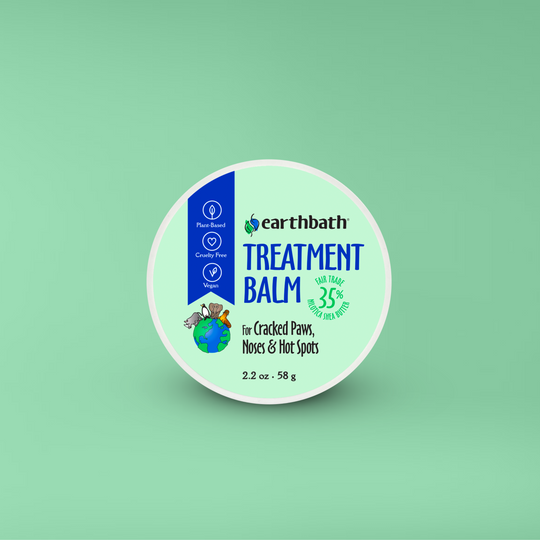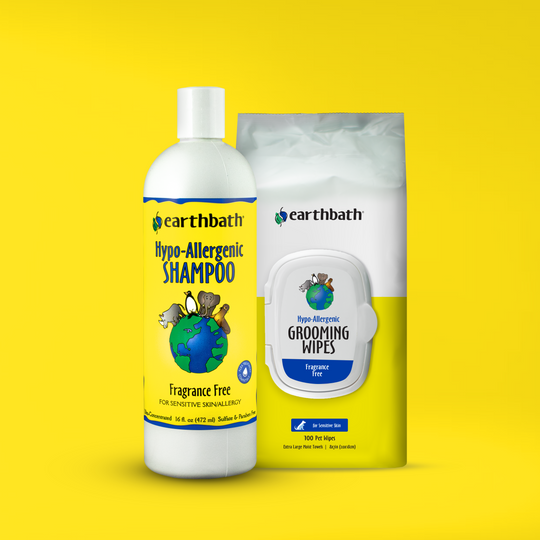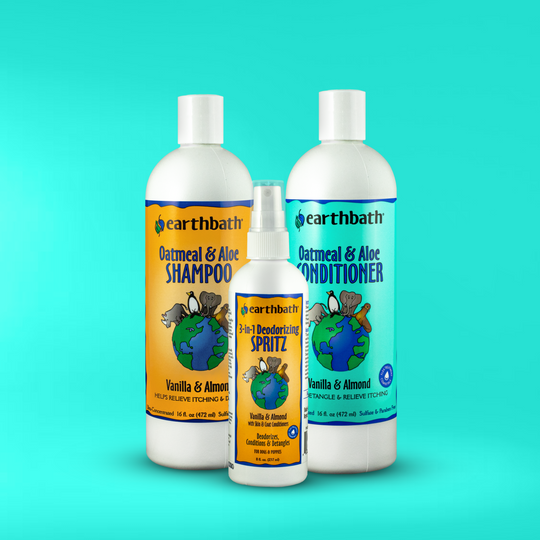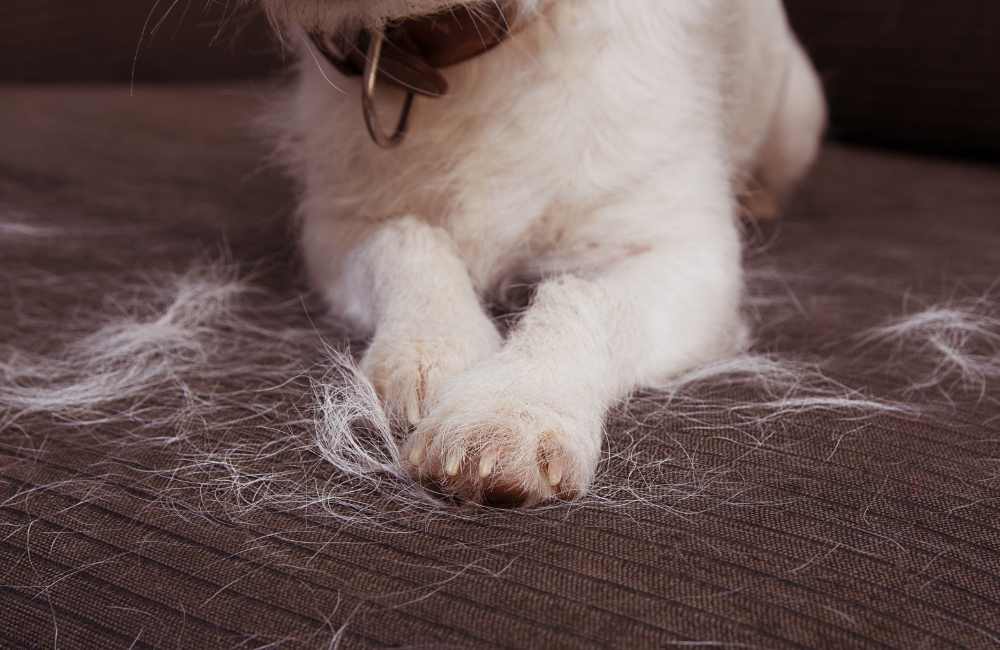Being a pet owner comes with many joys but also a number of questions. Am I walking my dog enough? Am I feeding them the correct diet? How often should I bathe my dog? What’s the best flea prevention for my dog? We understand your pet’s health and well-being are of utmost importance and have shared a number of helpful tips on our blog, The Bark, in the past. In this post we’re covering some essential tips to help you avoid pet flea infestations.
Understanding the Flea Challenge
Fleas are pesky parasites that can infest our pets and homes, causing discomfort and health issues. These tiny, wingless insects feed on your pet's blood, leading to itching, irritation, and in severe cases, allergic reactions or anemia. To combat fleas effectively it's essential to take a multi-faceted approach that includes prevention, treatment, and a clean living environment.
Preventing Flea Infestations
Prevention is key to ensuring your pet remains free from fleas. Here are some essential tips to help you keep those pesky parasites at bay:
- Year-Round Prevention: Fleas can be a problem in all seasons, so it's essential to maintain preventive measures throughout the year.
- Flea Treatments: Consult your veterinarian and use veterinarian-approved flea prevention products to protect your pet effectively. These may include topical treatments, oral medications, or flea collars. If using topical treatments, it’s important to use pet shampoos that are flea treatment compatible so that the treatment is not rendered ineffective. Rest assured that all of earthbath’s shampoos will not wash off topical flea applications.
- Natural Remedy: If your pet does end up with fleas, it’s important to consult your veterinarian for a treatment plan and medication. In addition to that, natural products can be allies in providing relief for your furry friend. Ingredients such as sweet orange oil, which has long been recognized as an effective deodorizer, is also reputed to help calm and relieve common skin and itching problems associated with flea bites. That’s why it is the featured ingredient in our Dirty Dog Shampoo.
- Regular Grooming: While a bath may provide relief for a pup dealing with fleas, frequent grooming can help with prevention. By keeping your pet's coat clean you’re reducing the likelihood of flea infestations. Grooming sessions also provide a time for you to observe your pet's skin for any signs of flea activity, such as redness, flea dirt (tiny black specks), or flea eggs. Early detection enables you to take prompt action. Read our best grooming tips for dogs here.
- Clean Living Spaces: Vacuum your home regularly, paying special attention to areas where your pet spends time. Wash your pet's bedding and toys frequently in hot water to eliminate any fleas or flea eggs.
- Outdoor Precautions: Be cautious in areas where fleas are more likely to be present, such as grassy areas, wooded regions, or parks. And try to avoid contact with other animals that may be carrying fleas.
By incorporating regular grooming into your pet care routine and following simple preventive measures, you can significantly reduce the risk of flea infestations. Remember to consult your veterinarian for advice on the best flea prevention and treatment options tailored to your pet's specific needs.






